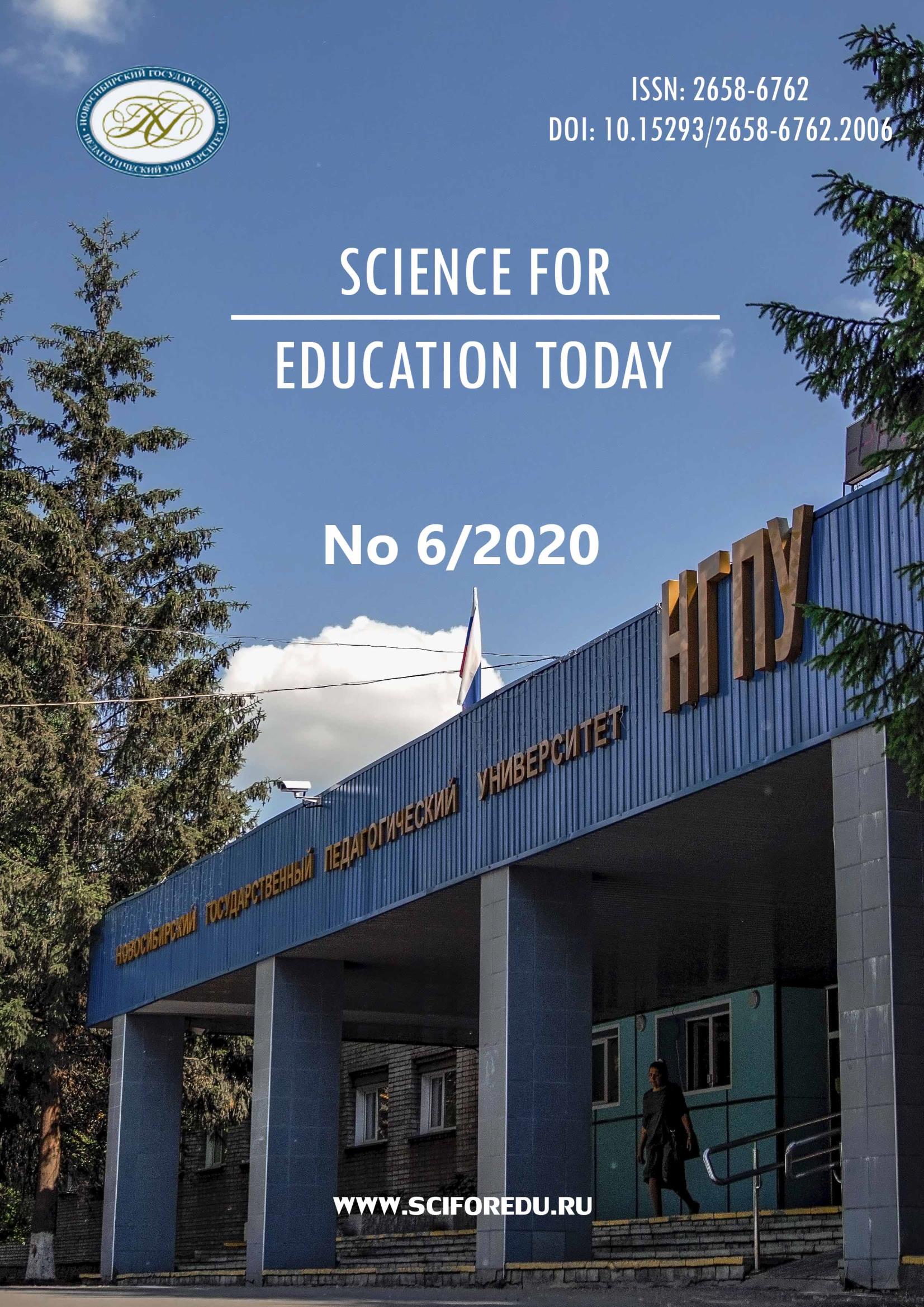Гендерные репрезентации в учебных книгах EFL: корпусное исследование
Gender representation in EFL course books explored through a corpus-based study: A case study
Author(s): Gresa Bujupaj, Valbona Gashi-BerishaSubject(s): Education and training, Sociology of Education
Published by: Новосибирский государственный педагогический университет
Keywords: Gender representation; DIY corpus; EFL course books; Pronouns; Action verbs;
Summary/Abstract: Introduction. Through this corpus-based case study, the authors examine gender representation in four English as a Foreign Language (ELF) course books, “Exploring English”, through a grammatical perspective. Particularly, the study observes the frequencies of pronouns ‘he’ and ‘she’, the association of fourteen action verbs with a certain gender, and differences in gender representation between Course book 3 and 4. To analyse the issue, a Do-It-Yourself (DIY) corpus is compiled with texts selected and stored individually from each course book. Materials and Methods. A mixed approach is used to collect and analyse the data for this study. By using AntConc, the study firstly retrieves the numerical data which are further analysed and interpreted qualitatively. Results. The findings suggest underrepresentation of women. In addition, certain actions were associated with a particular gender. More specifically, noticeable was the positioning of feminine pronouns with domestic activities or chores such as cooking, while masculine pronouns were linked with actions such as paying bills or repairing cars. Although both genders participated equally in dialogues, the contextual analysis of pronouns suggests that the order of mention in sentences reflects masculine supremacy. Nevertheless, the last two levels of the course books suggest a similar representation of gender as hypothesised. Conclusions. The pronoun and verb analysis in this study revealed the uneven and biased representation of gender in textbooks which is concerning for the future of education. Yet, this is only a case study and findings cannot be generalized. Lastly, the authors consider that further analysis on gender representation in the course books from other grammatical aspects would provide even more comprehensive results.
Journal: Science for Education Today
- Issue Year: 10/2020
- Issue No: 6
- Page Range: 238-251
- Page Count: 14
- Language: English

